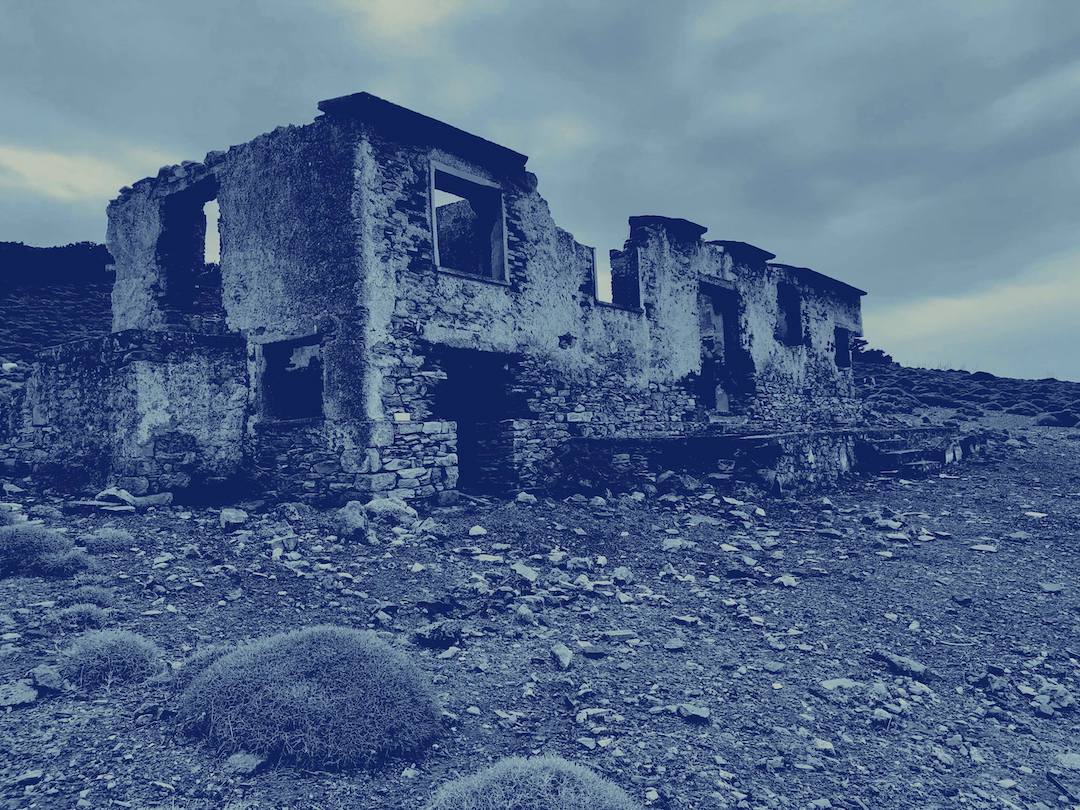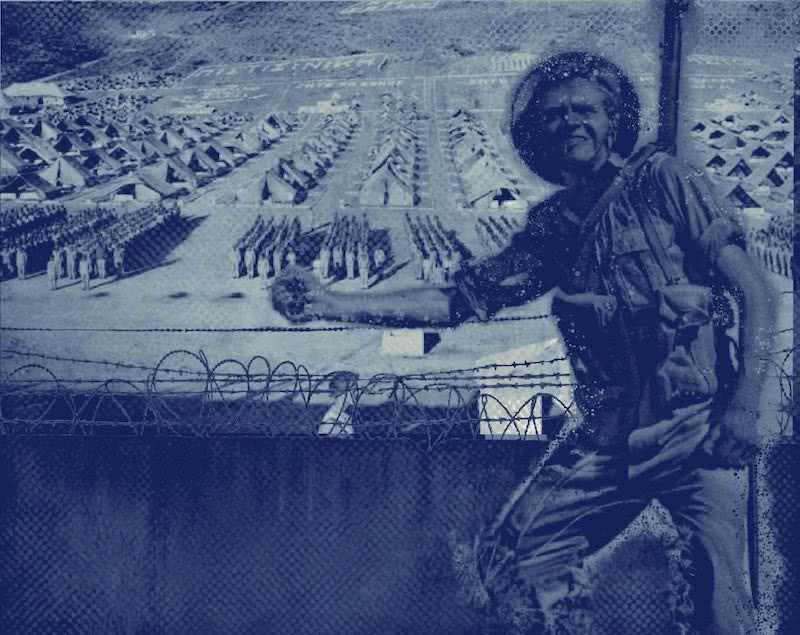DARK HERITAGE

“How can anyone claim that the cultural heritage only embodies positive historical, artistic and ethical values (truth, beauty and goodness), when heritage often comes down to us from periods of deep social and political conflict?” (Dolff-Bonekämper 2008)
Why do we so often see only the triumphs and positivity of history dispayed? When we think of islands do we ponder of the possibilty of their uses of exile? Or is it is sun, sand and sea that drives our traction?
The reasons governing bodies might exclude dark periods of the islands’ histories include national or local shame, trauma, and willful ignorance. There is often an attitude of not dredging up regrettable memories, and consequently civil war in particular which holds a marginal place within official narratives and collective imagination. When certain members of a society were at the time viewed “partly in contempt, partly in fear, and in any case with a cloud of social stigma", and the exiles themselves may well have deeply troubling recollections.
On a grand scale, choosing to ignore a difficult and traumatic past is more akin to placing a temporary bandage over an open wound. Covering up or straying away from a period of difficulty presents itself with other symptoms that do not necessarily benefit the national narrative, but rather perpetuate negative outcomes for a society.
It is for this reason that we not only want to showcase this past for our research, but rather be part of the inititive to normalise the acknowledgement, discussion and healing of traumatic pasts and people all over the world.
